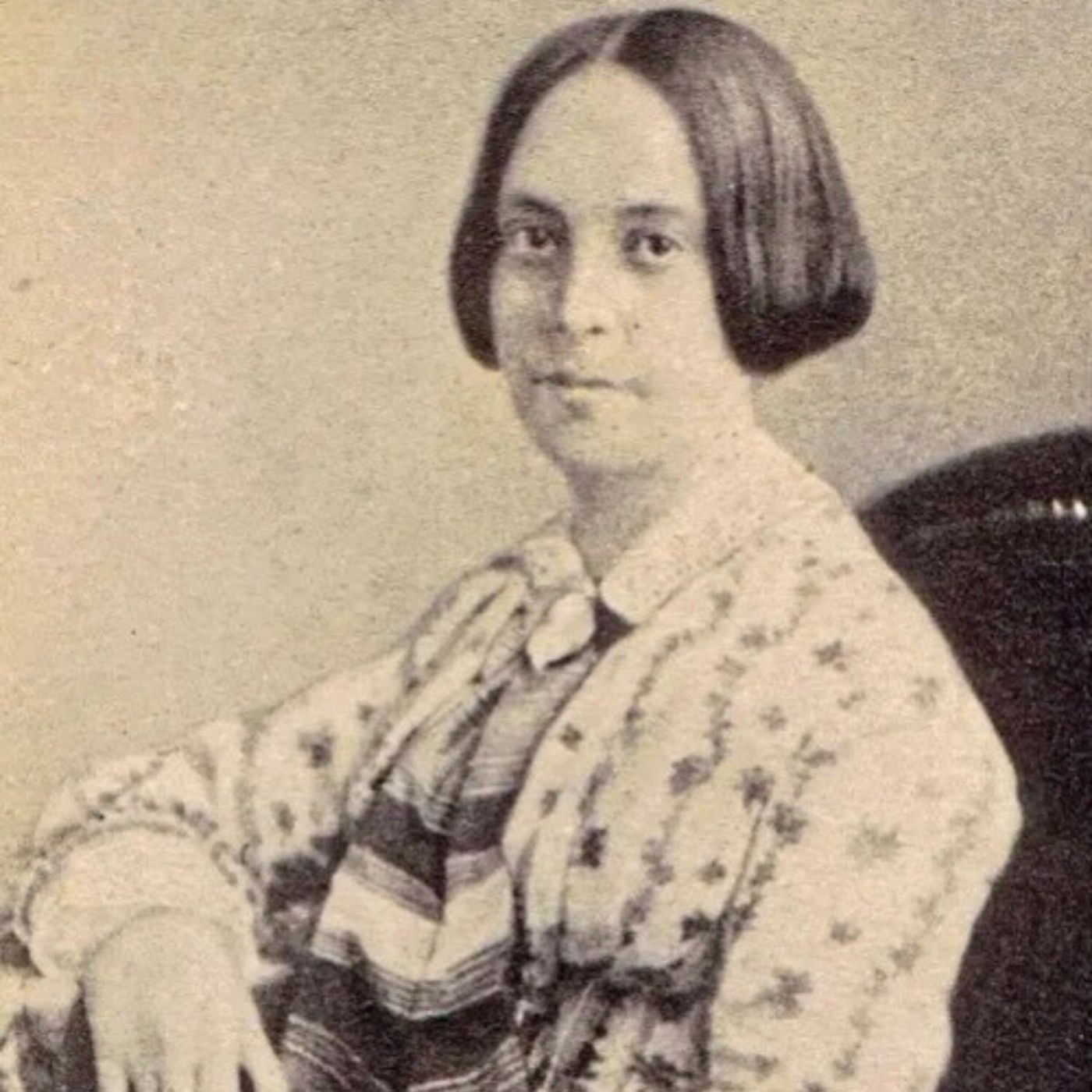Ellen Langley: A Victim of 19th Century Gender Inequality

This blog post delves into the life and tragic circumstances of Ellen Langley, a woman whose story highlights the profound injustices faced by women in 19th-century Ireland. It expands upon the themes explored in our latest podcast episode, "Poison, Starvation, and Scandal: Ellen Poe Langley's Story," offering a deeper examination of the societal pressures and gender roles that contributed to her vulnerability and the obstacles she encountered in her fight for justice. You can listen to the full episode here: Poison, Starvation, and Scandal: Ellen Poe Langley's Story.
The Societal Constraints Faced by Ellen Langley
Limited Opportunities and Economic Dependence
Ellen Langley's life, like that of many women in her era, was significantly shaped by the limited opportunities available to her. In 19th-century Ireland, women were largely confined to domestic roles, with few avenues for education, professional advancement, or financial independence. Their economic dependence on men, whether fathers or husbands, often left them vulnerable to abuse and exploitation. Ellen's situation exemplifies this vulnerability. Her marriage to Dr. Charles Langley, while seemingly offering a degree of social standing, ultimately trapped her in a precarious position where her voice and autonomy were suppressed.
The Power Imbalance in Marriage
The legal and social structures of the time reinforced a significant power imbalance within marriage. Husbands held almost absolute control over their wives' property, finances, and even their personal lives. Women had limited legal recourse if subjected to abuse or mistreatment within the marital relationship. This stark reality severely hampered Ellen's ability to seek help or escape her predicament. The lack of legal protections for women made them particularly vulnerable to the control and manipulation of their husbands.
Social Stigma and Lack of Support
Beyond the legal limitations, social stigma further compounded the challenges faced by women who dared to challenge the established norms. A woman who spoke out against her husband, or who sought to escape an abusive marriage, risked social ostracism and reputational damage. The lack of readily available support systems, combined with the pervasive social pressure to conform to traditional gender roles, left many women feeling isolated and helpless. Ellen's story tragically demonstrates the devastating consequences of this social isolation and the lack of support networks available to women in distress.
The Allegations Against Dr. Charles Langley and the Subsequent Trial
The Nature of the Allegations
The allegations against Dr. Charles Langley were deeply disturbing, encompassing claims of systematic neglect, poisoning, and even attempted murder. These accusations paint a chilling picture of a husband who allegedly prioritised his own ambition and disregard for his wife's well-being above all else. The details of these allegations and the evidence presented during the subsequent trial highlight the devastating impact of unchecked male dominance and the vulnerabilities experienced by women within patriarchal structures.
The Trial's Outcome and its Implications
The trial itself was a spectacle, captivating the nation and highlighting the complexities of the case. The outcome of the trial, however it might be viewed, reflects the limitations of the judicial system in addressing issues of domestic violence and gender-based abuse in 19th-century Ireland. The verdict, regardless of its specifics, serves as a poignant reminder of the historical injustices faced by women who sought justice within a system often stacked against them. It is crucial to examine the trial not only for its legal ramifications but also for its broader societal implications and what it reveals about the prevailing attitudes towards women and their experiences.
The Public's Reaction and Media Coverage
The trial generated considerable public interest and media coverage, albeit through a lens shaped by the prevailing social norms of the time. Analysis of contemporary accounts provides insight into societal perceptions of domestic violence and the ways in which gender roles influenced public opinion. Examining the media's portrayal of Ellen and Charles Langley allows us to understand how societal biases shaped the narrative surrounding this case and the extent to which gender played a role in the public's interpretation of events.
Ellen Langley's Legacy and the Importance of Remembering Her Story
The Enduring Relevance of Ellen's Experience
While Ellen Langley's story originates from a specific historical context, its relevance extends far beyond the 19th century. Her experiences highlight enduring issues of gender inequality, domestic abuse, and the systemic barriers that women continue to face in accessing justice. By remembering her story, we acknowledge the historical roots of contemporary challenges and reaffirm our commitment to achieving gender equality.
Lessons Learned and Future Implications
Ellen's case serves as a potent reminder of the importance of challenging patriarchal structures and ensuring that women have access to legal protections and support systems. Understanding her story enables us to identify the systemic failings that allowed her to be vulnerable and to work towards creating a more equitable and just society. This includes reforming laws, improving access to legal aid, and fostering a societal culture that values women's voices and experiences.
The Power of Storytelling and Historical Context
The narrative of Ellen Langley transcends a simple recounting of events; it is a powerful illustration of the pervasive influence of gender inequality on individual lives and societal structures. By exploring her story through the lens of historical context, we gain a deeper understanding of the complexities of the past and its lasting impact on the present. This understanding is vital in our ongoing efforts to create a more just and equitable world.
Conclusion
Ellen Langley's life was tragically marked by the injustices and limitations imposed upon women in 19th-century Ireland. Her story, as explored in he Ireland Crimes and Mysteries Podcast episode, Poison, Starvation, and Scandal: Ellen Poe Langley's Story, serves as a powerful reminder of the enduring struggle for gender equality and the importance of acknowledging the historical roots of contemporary challenges. By remembering and examining Ellen's experiences, we can work toward a future where all individuals are afforded equal rights, protection, and opportunities, free from the constraints of gender inequality.



